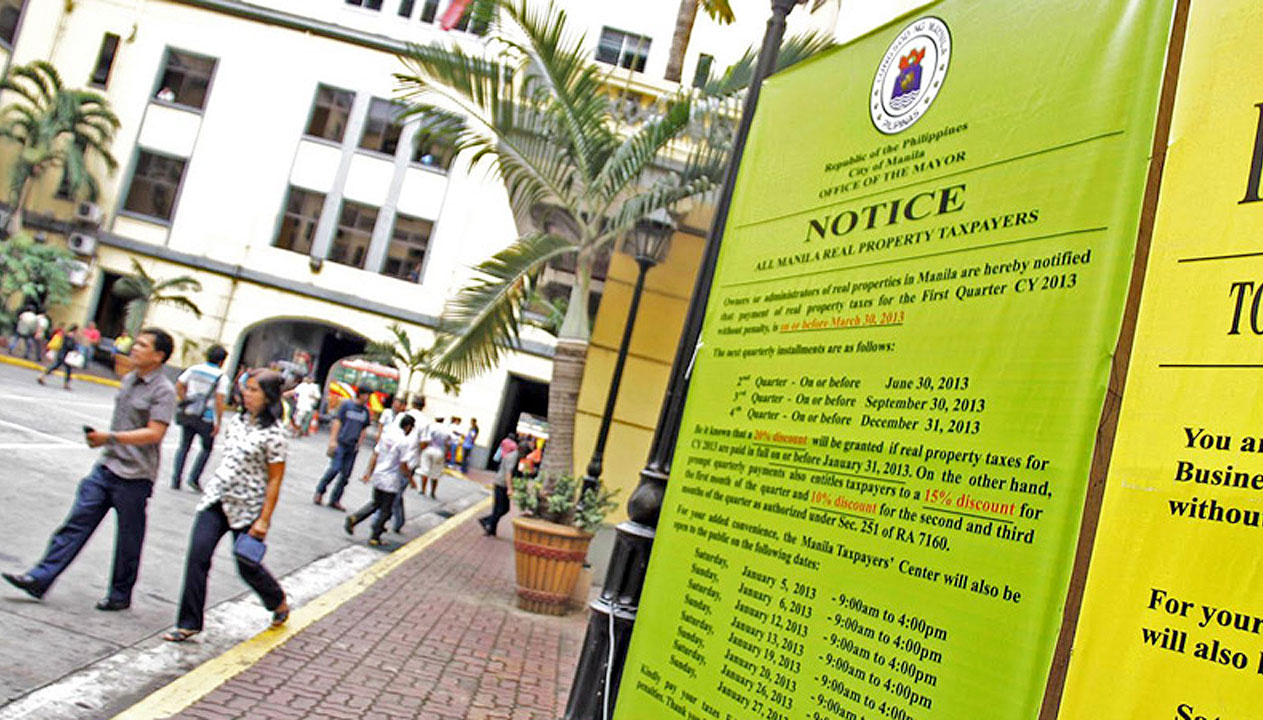Estate tax installment scheme proposed to ease payment burden

A TWO-YEAR estate tax installment scheme is expected to ease the burden on poorer taxpayers in settling their dues, Senator Sherwin T. Gatchalian said.
“We should help people who lack the capacity to pay their estate taxes. This provision is important to ensure effectivity of the estate tax amnesty extension,” Mr. Gatchalian said in a statement.
Installment payment is provided for in Senate Bill (SB) No. 2219, which seeks to amend Republic Act No. 11213, or the Tax Amnesty Act. The bill is set for third reading approval before Congress adjourns sine die on Friday, Senate President Juan Miguel F. Zubiri said last week.
The bill aims to extend the estate tax amnesty for another two years, or to June 14, 2025, from its original expiry date of mid-June this year.
Rizal Commercial Banking Corp. Chief Economist Michael L. Ricafort said the proposal would address the tedious process of paying estate taxes.
“There is a lot of paperwork with various government agencies/LGUs, publications, other extrajudicial processes if applicable, as well as the payment of estate taxes that could complicate especially if the amounts are huge and would require loans/other sources of funding,” Mr. Ricafort said in a Messenger chat.
“The estate tax process could also be complicated if there are many heirs that would require more documents (especially if) there are any disputes among the heirs,” he added.
John Paolo R. Rivera, an economist at the Asian Institute of Management, said in a Viber message that an installment scheme should be accompanied by improvements in tax collection that would help the public settle obligations.
Under SB 2219, those who avail of the amnesty may use electronic or manual filing through any authorized agent bank, revenue district officer, or an authorized tax software provider.
The Senate’s version also seeks to extend the coverage of the estate tax amnesty to those who died on or before May 31, 2022.
The House of Representatives passed a similar measure on May 15. — Beatriz Marie D. Cruz
